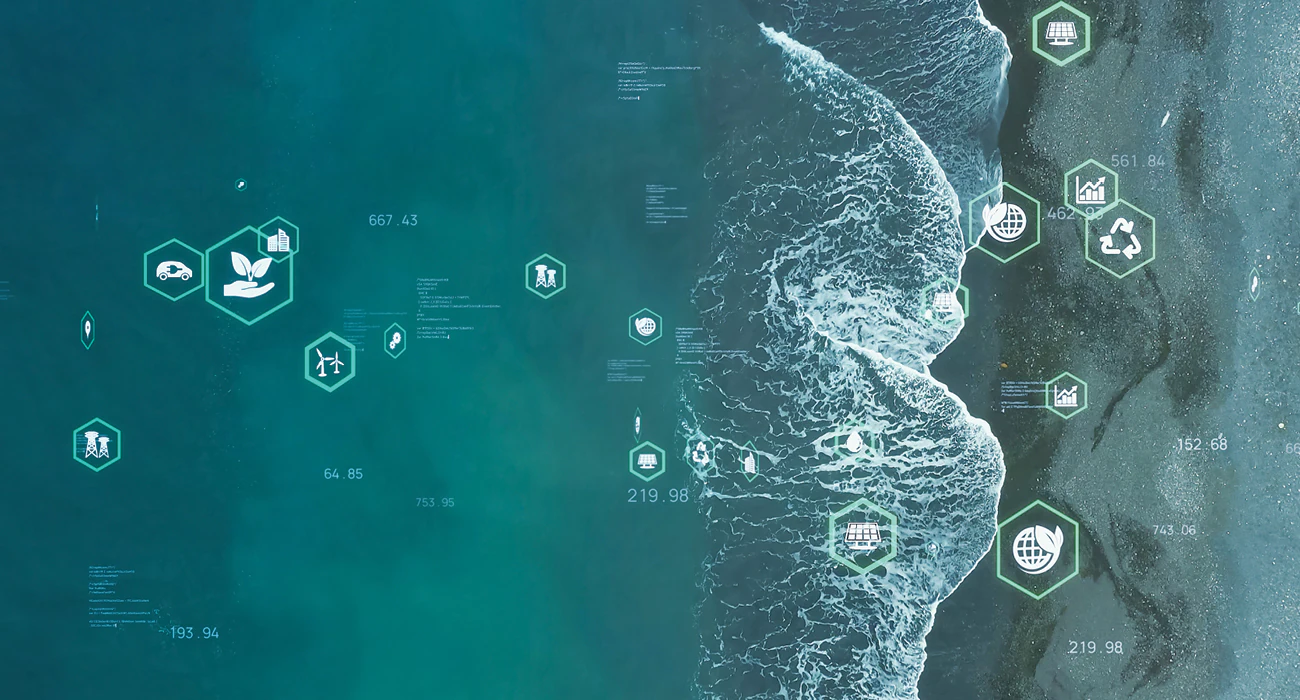Last word: More plastic than fish
The MacArthur Foundation’s report, “The New Plastics Economy: Rethinking the Future of Plastics,” includes a stark warning that by 2050, our oceans could contain more plastic than fish and serves as an urgent call for innovative environmental solutions. This report and prediction are part of a growing conversation about the legacy we leave future generations and the urgent need to redefine our relationship with not only plastics, but also with fossil fuels. This situation calls for a transformative approach to addressing plastic pollution that spotlights the innovative potential of synthetic biology and biomanufacturing.
By harnessing the power of biology, we can engineer microbes to consume plastic waste or produce biodegradable alternatives and transform the problem of plastic waste into an opportunity.
—Marcus Foston
These fields hold the promise of not just mitigating the crisis but fundamentally rethinking our production and consumption of plastics. For example, by harnessing the power of biology, we can engineer microbes to consume plastic waste or produce biodegradable alternatives and transform the problem of plastic waste into an opportunity. This vision aligns with a future circular economy that emphasizes developing biodegradable materials and recycling existing plastics into valuable resources. As we navigate a list of societal challenges, the choices we make and technologies we develop today will shape the legacy we leave for future generations.
Marcus Foston is associate professor of energy, environmental & chemical engineering, co-director of the Synthetic Biology Manufacturing of Advanced Materials Research Center and director of diversity initiatives in the McKelvey School of Engineering.

